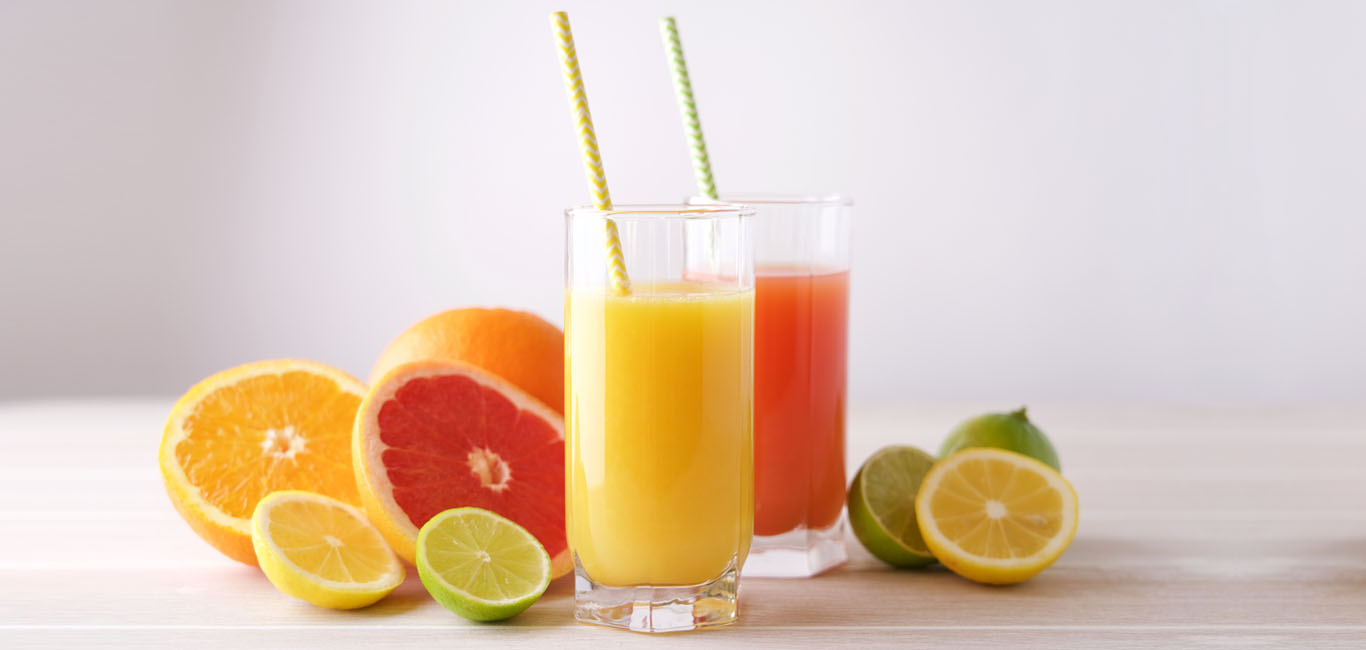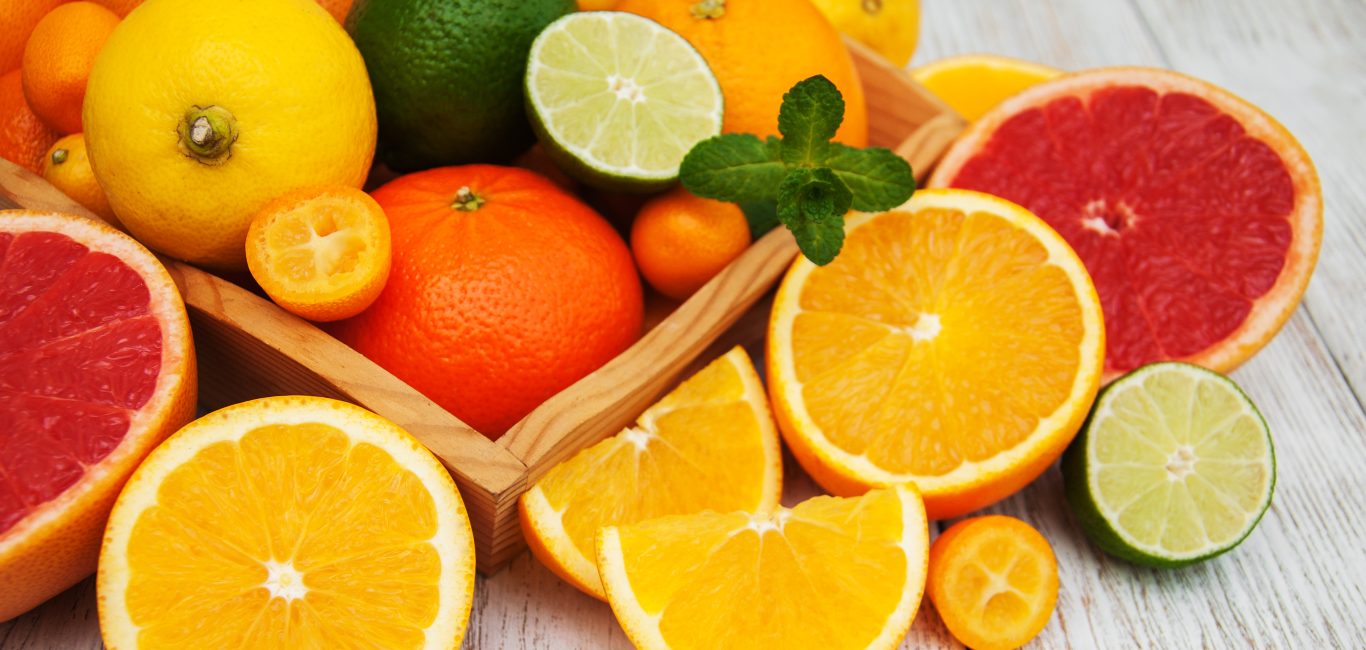
Kidney stones are formed when substances in the urine such as calcium, oxalate and uric acid become highly concentrated. Although initially formed in the kidneys, these stones travel to different parts of the tract. The severity of pain also depends on its location.
For example, when it travels from the kidney and reaches the ureters, the narrow muscular tubes that connect the kidney to the bladder, it causes intense pain. When the stones reach the bladder, there is less pain involved, but they can cause symptoms like frequent urination. When it reaches the final part of the tract, the urethra, it is usually expelled with minimal pain or discomfort.
Homeopathic approach towards kidney stones
An expert gets a detailed history of the person to understand the condition before prescribing tailored medicines. The expert also typically recommends a diet plan to prevent and manage the condition.
Dr A H Nazar, homeopathic physician at Dr Nazar Homoeopathy, Kanpur, Uttar Pradesh, says, “While taking history, homeopaths also ask about the person’s mental and emotional state.” This is because experts believe that the mental state of a person is interconnected with the physical symptoms and overall health of the body. Thus, addressing the mind is also one of the key aspects of homeopathic management of a condition.
They also inquire in detail about the intensity of pain, the affected side, the type of pain such as sharp or throbbing and associated symptoms, says Dr Nazar.
Dr Harsh Sharma, homeopath at Dr Harsh Sharma Homeopathic Clinic, Mohali, Chandigarh, says, “For kidney stones, there are many homeopathic medications. And the details help us pick the right medicine along with other management methods.”
Pain is a prominent symptom of kidney stones. However, Dr Sharma says that individuals with kidney stones can also experience the following symptoms.
- Blood in the urine caused by the stone scraping the lining of the urinary tract
- Nausea or vomiting triggered by intense pain
- Urinary tract infections caused due to blockage
Stone size and management
While small stones pass on their own after following a hydration and diet regimen, large stones often need medical intervention.
Dr Nazar says that large ones may often require procedures, but homeopathic medicines can be taken afterwards to prevent the recurrence of the stones. Diet is also important for prevention, he adds.
Diet and kidney stones
Studies indicate that dietary intervention plays a crucial role in the management and prevention of kidney stones. What is important here is to know the composition of the stones. The doctor will help you choose and avoid foods based on the structure of the kidney stones to manage the condition. These stones are formed by calcium oxalate, calcium phosphate and uric acid. Avoiding foods high in these substances can help prevent and manage the condition.
It is advised to minimise the intake of oxalate-rich foods such as spinach, rhubarb, tea, dark chocolate, beetroot, sweet potatoes, and soya products.
It is recommended to drink regular water rather than soda drinks as they are high in fructose. A study published in the journal Nutrients suggests that high fructose can increase the excretion of calcium, oxalate and uric acid, which is associated with kidney stone formation. The study further suggests that drinking orange juice reduces the risk of formation of stones by 12 per cent.
Dr Nazar, however, says that calcium intake should not be reduced during this period. This is because an adequate calcium intake can help reduce the risk of calcium oxalate stones as the calcium in our diet binds with oxalate and prevents its absorption into the bloodstream.
Uric acid stones are another type which is caused when uric acid is in excess in urine. Eating foods high in purines (which break down to form uric acid) can exacerbate the formation of stones. Purine-rich foods include red meat, fish, organ meat and seafood.
It is also important to drink adequate water to dilute the concentration of substances, be it of any type, says Dr Sharma. Drinking coconut water is another great way to hydrate.
The best way to assess the water intake is self-monitoring of the colour of urine, says Dr Nazar.
Experts’ tips
A high-sodium diet can increase the concentration of calcium in urine. Thus, it is important to discuss with the doctor and reduce the intake of sodium-rich foods. As processed foods are high in sodium, limiting their intake helps. Eating more fruits and vegetables and low-fat dairy products can reduce the risk of kidney stones.
Animal protein increases the risk of kidney stones as they increase oxalate excretion in urine. Thus, one should limit the intake of animal protein sources.
For a customised diet plan to manage the condition, approach your physician or dietitian.
















